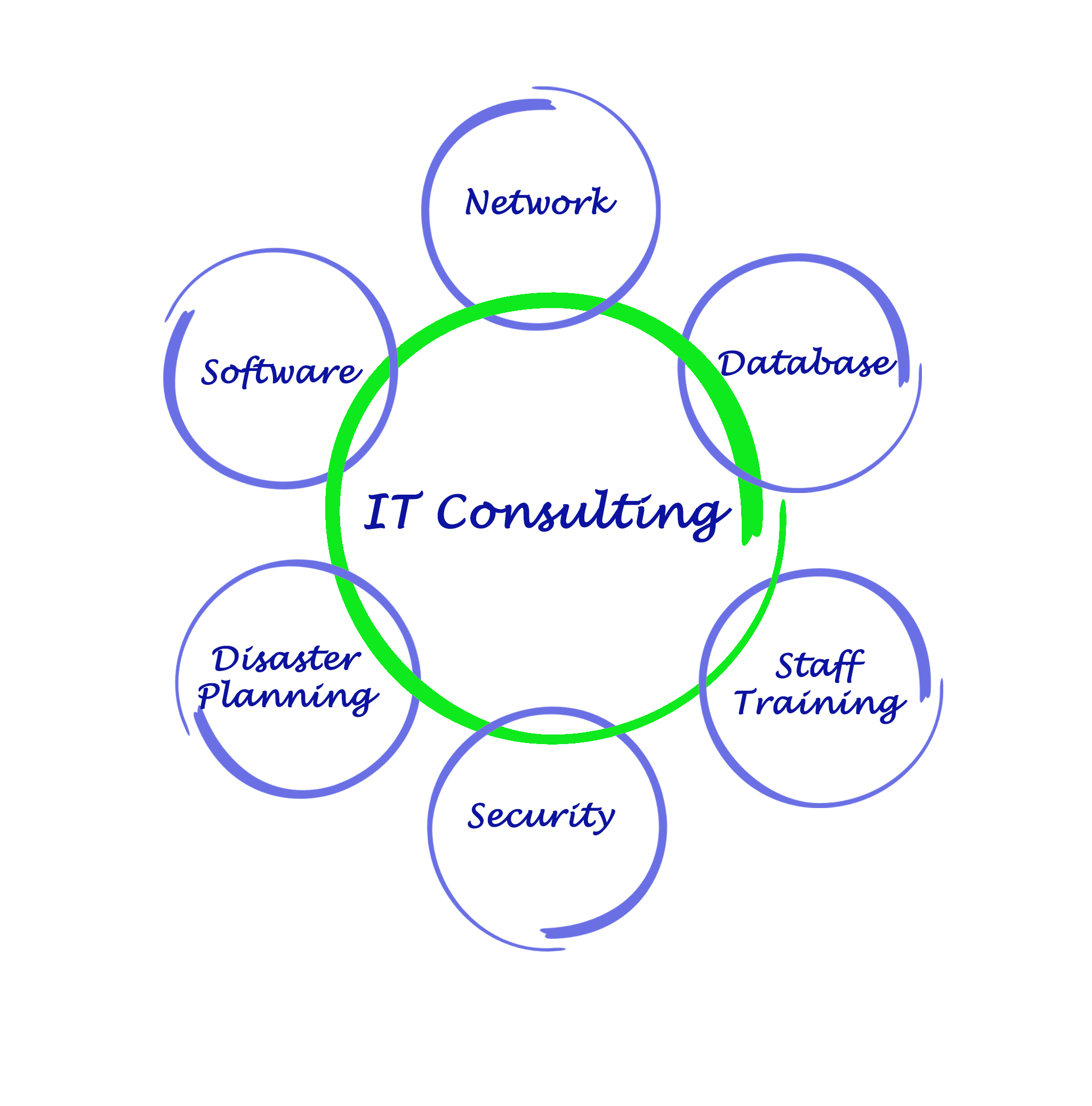
Media consulting can be described as the use of social networks to promote a product, a service, or brand. As the name suggests, media consultants create innovative ideas and strategies to help their clients achieve their business goals. Social media consultants help clients not only market with social media but also make changes in their operating system to foster transformative growth.
Social media consultants could diversify your source of income
Diversifying your income streams via social media consulting is one way to capitalize on a growing trend among businesses to use this marketing method. While social media is accepted by most businesses as an essential part in running their business operations, many companies don't know how best to utilize it. For marketing agencies, social media management is a great way to diversify your income streams.
In these times of economic uncertainty, diversifying your income stream could provide financial security. Diversifying your income stream opens up new opportunities and allows you explore other talents and skills.
They should be proficient in social media marketing techniques
You need to be familiar with social media marketing techniques in order to succeed as a social-media consultant. Social media is a powerful tool in marketing that can help businesses reach new prospects and improve brand awareness. Small businesses often don't have enough money to hire social media experts.

A Media consultant must have a clear idea of what the client wants, if any. Start by interviewing your client to learn their needs. Next, create a clear proposal and include any additional costs.
FAQ
Do I really need legal advice?
Yes! Yes. Many consultants sign contracts without seeking legal advice. This can lead to issues down the road. If the client terminates an agreement with the consultant before the completion date, what are the consequences? What happens if your consultant doesn't follow the contract deadlines?
It's best to consult with a lawyer to avoid potential problems.
What skills do I need for consulting?
A consultant should have strong analytical skills as well as interpersonal skills. This is vital because you may not understand the scope of your work. It is important to learn how to quickly solve problems and manage people.
Excellent communication skills are also essential. Clients expect a response within 24 hours. They assume that you won't respond if they don't hear from them within 24 hours. It is vital to inform them and make sure that they are fully informed.
What can I expect of my consultant?
You should hear back from your chosen consultant within a few days. They will usually ask for information about your company, including its mission, goals, products, services, budget, etc. After receiving this information, they will prepare a proposal outlining their scope of work, estimated timeline, fees, deliverables and milestones.
If all goes according to plan, the two sides will sign a written deal. The type of relationship between them (e.g. employer-employee or employer-independent contractor) will determine the terms of the contract.
If all goes well, the consultant will start working immediately. The consultant will have access your internal documents and resources. Additionally, you'll have access their skills and knowledge.
You shouldn't assume, however, that every consultant is an expert in all areas. It takes practice and hard work to become an expert in the field you are consulting. Your consultant should not assume that they know everything about you business.
Who hires consultants
Many organizations have consultants who help them with projects. These consultants can be found in small and large businesses as well as government agencies, universities, educational institutions, non-profits, and education institutions.
While some consultants work for these companies, others are freelancers. The hiring process will vary depending on the complexity and size of the project.
When hiring consultants, you will probably go through several rounds of interviews before choosing the person you think would be best suited for the position.
Do I need to pay tax on consulting income?
Yes, tax will be payable on any consultancy profits. This amount will depend on how much you earn each year.
If you're self employed, you can deduct expenses beyond your salary.
But, interest payments on loans, vehicle and equipment depreciation will not be allowed to be deducted.
Only 25% of your expenses can be claimed back if you make less than PS10,000 annually.
But even if you're earning more than this threshold, you might still be taxed depending on whether you're classed as a contractor or employee.
The tax system for employees is PAYE (pay-as-you earn), while VAT is applied to contractors.
Statistics
- According to IBISWorld, revenues in the consulting industry will exceed $261 billion in 2020. (nerdwallet.com)
- "From there, I told them my rates were going up 25%, this is the new hourly rate, and every single one of them said 'done, fine.' (nerdwallet.com)
- So, if you help your clients increase their sales by 33%, then use a word like “revolution” instead of “increase.” (consultingsuccess.com)
- Over 62% of consultants were dissatisfied with their former jobs before starting their consulting business. (consultingsuccess.com)
- On average, your program increases the sales team's performance by 33%. (consultingsuccess.com)
External Links
How To
What should I do to get started with a consulting business?
You can make a lot of money by setting up a consulting business. No prior business experience is required. You can start your own consulting firm by building a website. After you have built a website, social media platforms such Instagram, Pinterest and LinkedIn will be useful to spread the word about your services.
You can create a marketing strategy that includes these things with these tools
-
Creating content (blogs)
-
Building relationships (contacts)
-
Generating leads (lead generation forms)
-
Selling products through ecommerce websites
Once you've developed your marketing strategy, you'll need to find clients who will pay for your services. While some prefer to network through events and networking groups, others prefer to use online tools like Craigslist or Kijiji. The choice is up to you.
Once you have a new client, you need to discuss terms. These could be hourly fees, retainer arrangements, flat-fee contracts, or other types of fees. So that you are able to communicate clearly during the entire process, it is important to understand what you expect from a client before you accept them.
Hourly agreements are the most common contract type for consultancy services. This contract allows you to pay a fixed amount each week or month for certain services. You may be eligible to negotiate a discount, depending on the service that you offer. When you sign a contract, make sure you fully understand it.
Next, create invoices for your clients and send them. Invoicing is one of those things that seems simple until you actually try it. You have many options to invoice your clients. Some people prefer to email their invoices directly, while others prefer to mail them hard copies. No matter what you do, make sure it works!
After you've created your invoices, you can collect payments. PayPal is popular because it is easy to use, offers several payment options, and most people prefer it. There are many other payment options, such as Square Cash, Square Cash and Google Wallet.
Once you're ready to begin collecting payments, you'll want to set up bank accounts. You can keep separate checking and savings accounts to track income as well as expenses. Setting up automatic transfers into your bank account is also helpful when paying bills.
Although it can seem daunting when you first start a business as a consultant, once you get the hang of it, it will become second nature. This blog post will provide more information about starting your own consultancy business.
A consulting business is a great way of making extra money without worrying about your employees. Many consultants work remotely. This means that they don’t have to deal in office politics or work long hours. Since you are not tied down by regular working hours, you have more flexibility than a traditional employee.